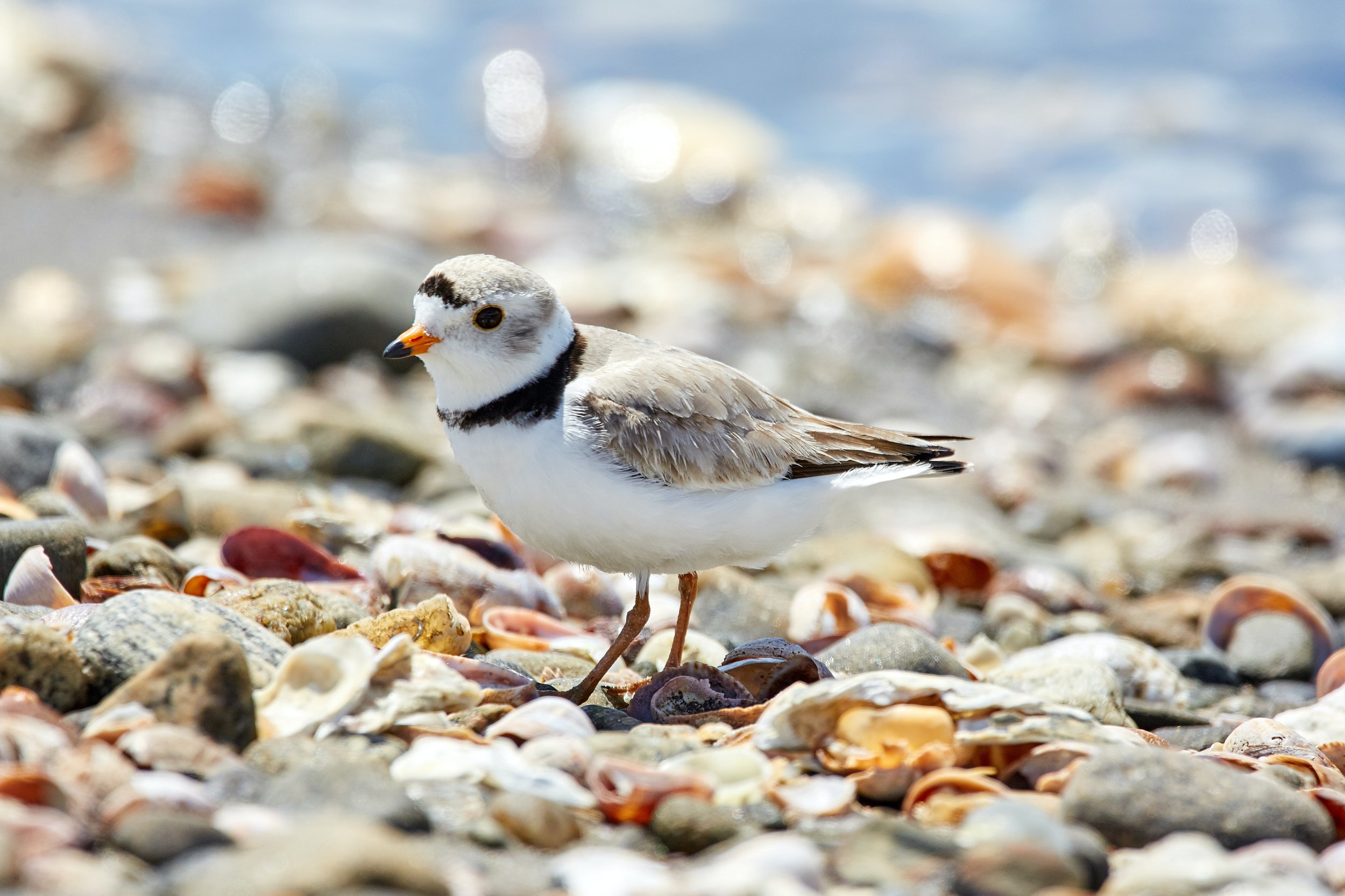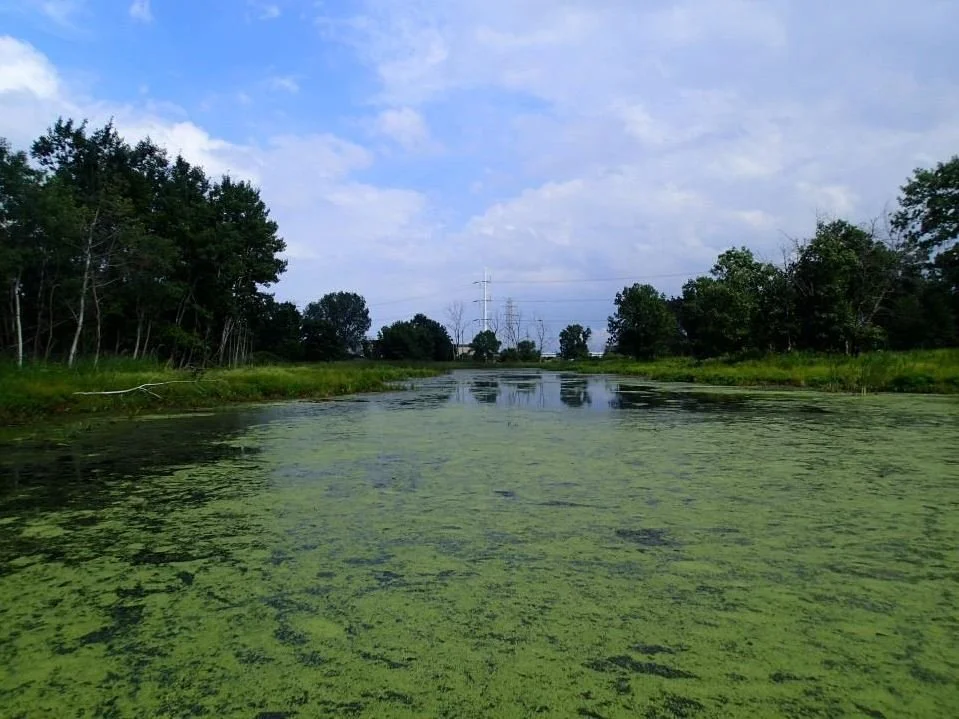
The Latest from the Coalition
On this page you can find the latest news from the Coalition, including stories of restoration successes, profiles of ongoing clean water issues, policy updates, and press releases.
Metropark Cooperative Targets Invasive Species Improving Native Habitat
Cleveland-area parks collaborated with each other to remove invasive plants, shrubs, and reeds, allowing native species to return.
Stabilized Sandy Creek Riverbank Restores Fish Habitat and Reduces Runoff
Planting trees and placing boulders along Sandy Creek in upstate New York has reduced runoff and restored fish and wildlife habitat.
Native Species Returning to Indiana Dunes in Area of Concern
By removing invasive species from three sites in Northwestern Indiana adjacent to Lake Michigan, native plants and wildlife are returning.
Restored Shore in Marysville Brings the Community and Wildlife Back to the St. Clair River
A natural shoreline has been restored, reducing the destructive power of St. Clair River waves, while also restoring adjacent wetlands.
Chicago-Area Great Lakes Restoration Projects: Producing Results for People, Communities
The Great Lakes provide drinking water for 30 million people, but they remain threatened by toxic pollution, invasive species, polluted runoff, and habitat destruction. The report chronicles Great Lakes restoration success stories throughout the Chicago, Ill., region.
North Point Marina Beach Safe for Swimming Once More
Restoring native plants to a Lake Michigan beach and the dune habitat, gulls stopped frequenting the beach and water quality has been restored.
Chicago’s Northerly Island Brings Nature to the Windy City
Funding from the Great Lakes Restoration Initiative is restoring a native prairie and marsh ecosystem to Chicago’s Northerly Island in Lake Michigan to provide habitat to native fish and wildlife, and an outdoor recreation space in the city for people.
Wildlife Corridor Established Along Lake Shore Drive
Migratory birds and butterflies have a safe place to stop over, thanks to the Burnham Wildlife Corridor. Invasive species have been removed and volunteers have planted thousands of native trees and shrubs in their place.







